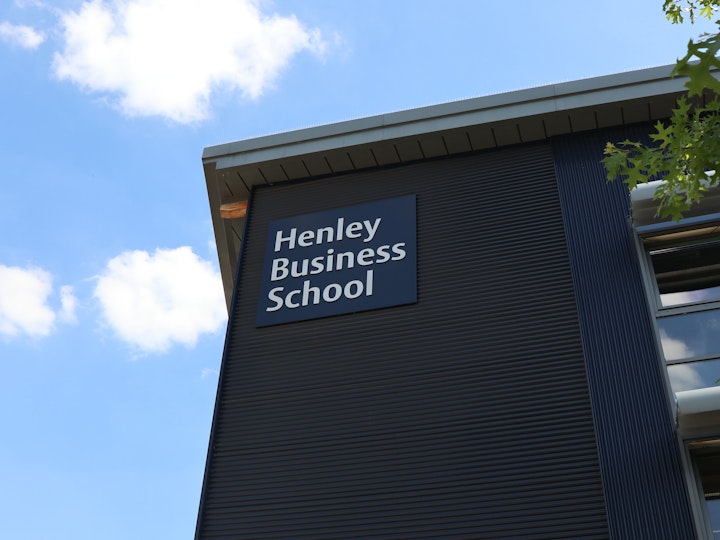IBS Lunchtime Research Seminar - Assortative Mating and the Industrial Revolution: England, 1754-2021
Departmental Research Meeting - Assortative Mating and the Industrial Revolution: England, 1754-2021
Presenter: Neil Cummins, LSE Economic History

| Event information | |
|---|---|
| Date | 22 November 2023 |
| Time | 13:00-14:30 (Timezone: Europe/London) |
| Price | Free |
| Venue | Henley Business School |
Event types: |
|
You are cordially invited to attend an International Business and Strategy Departmental Research Meeting, during which there will be a presentation by Neil Cummins, LSE Economic History. A reminder that attendance for IBS (full time, research oriented) staff and full-time students is compulsory, and where possible, must be in person. Individuals unable to attend in person, due to legitimate reasons will be provided a Teams link on request. Non-IBS staff are welcome to attend, but must register prior to the event. If you have not received the email invite please email Jana Oslejova.
Please join us in Room 108, Henley Business School, if you would like to attend, please register using the link below:
Please make sure you let me know in advance if you intend to attend in person so that the correct amount of catering is booked.
Date: Wednesday 22nd November, HBS Room 108
Time: 13.00 – 14.15 pm
Abstract:
We propose a new theory of the origins of the Industrial Revolution. Why after millenia of slow technological advance did England experience rapid innovation circa 1800? We argue this was because the development of highly assortative forms of marriage generations before substantially widened the distribution of abilities within society, and greatly expanded the population share with upper-tail abilities. Using a new database of 1.7 million marriage records for England 1837-2021 we estimate assortment by occupational status in marriage was a remarkably high 0.8 for the underlying social abilities of bride and groom already by 1837. There is evidence this strong matching extends back to at least 1754. We show further that women contributed as much as men to important child outcomes. This implies strong marital sorting substantially increased the variance of social abilities in England. We show further than other pre-industrial marital systems typically involved much less marital sorting.


